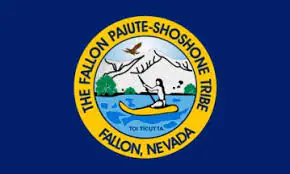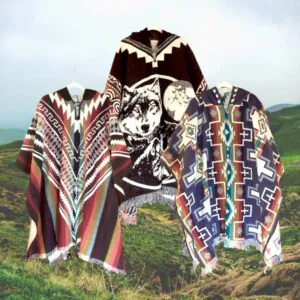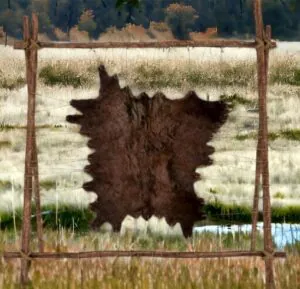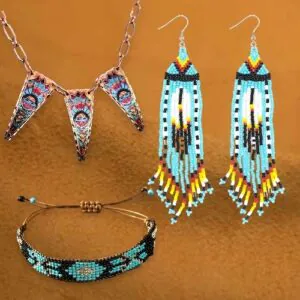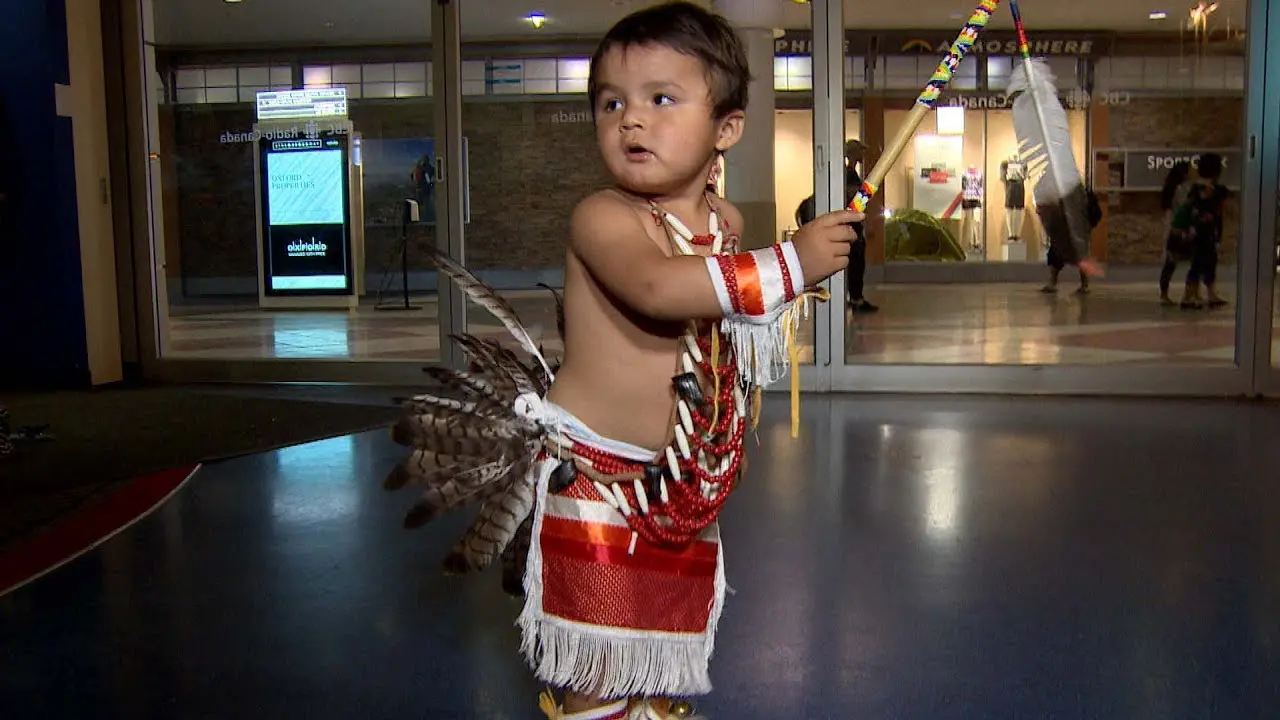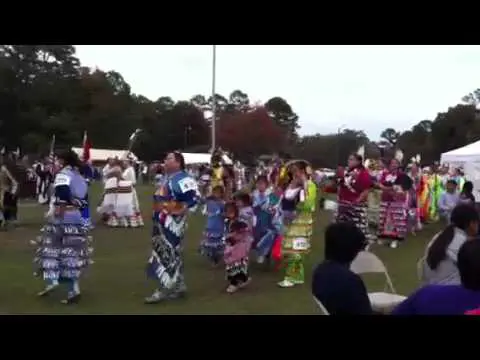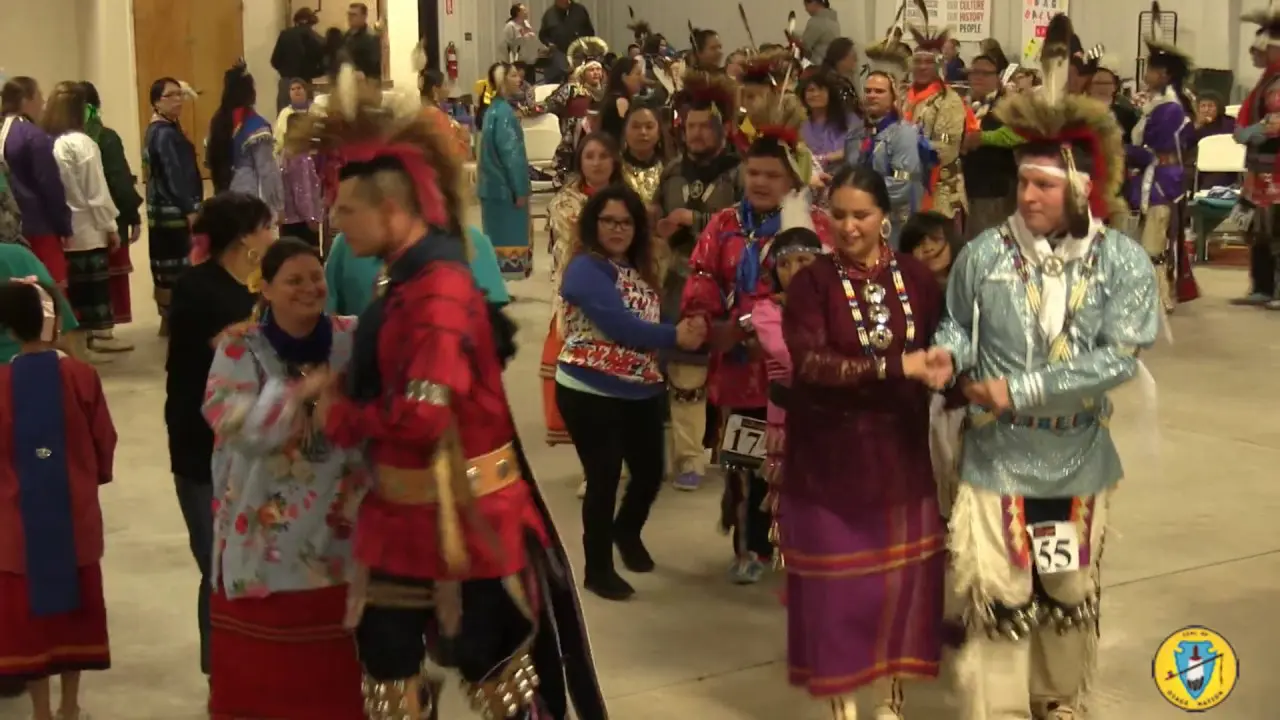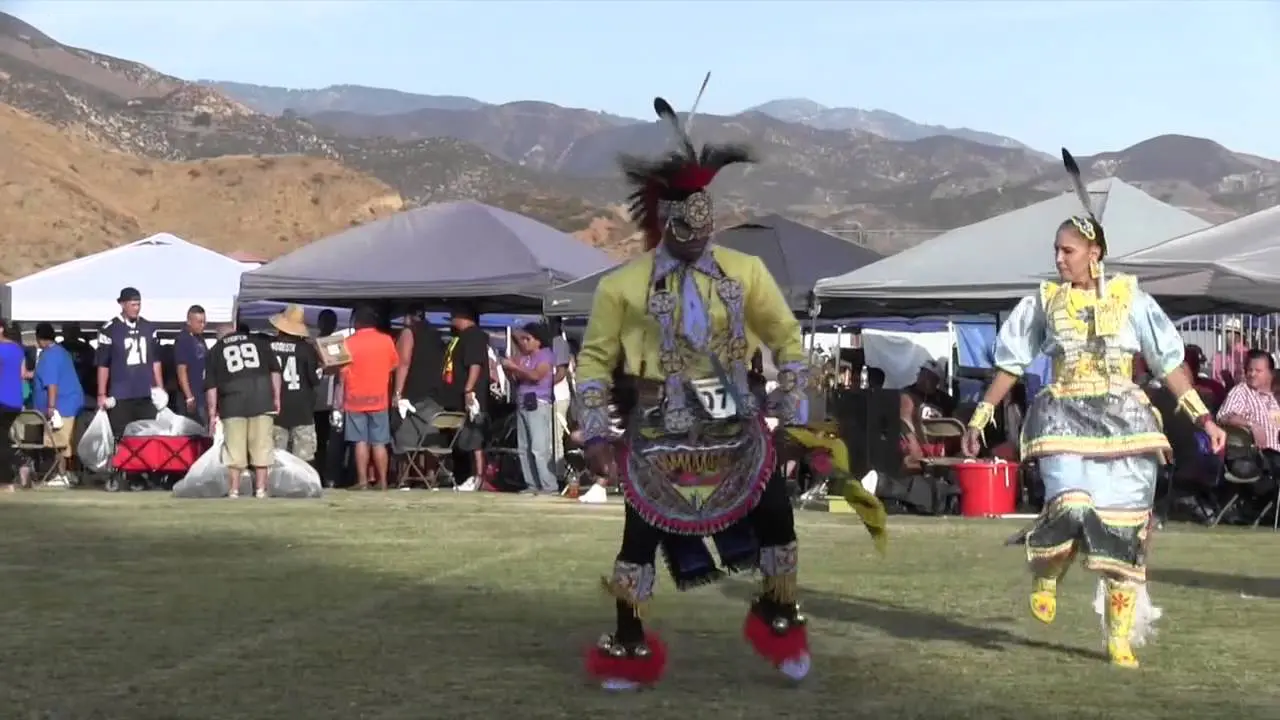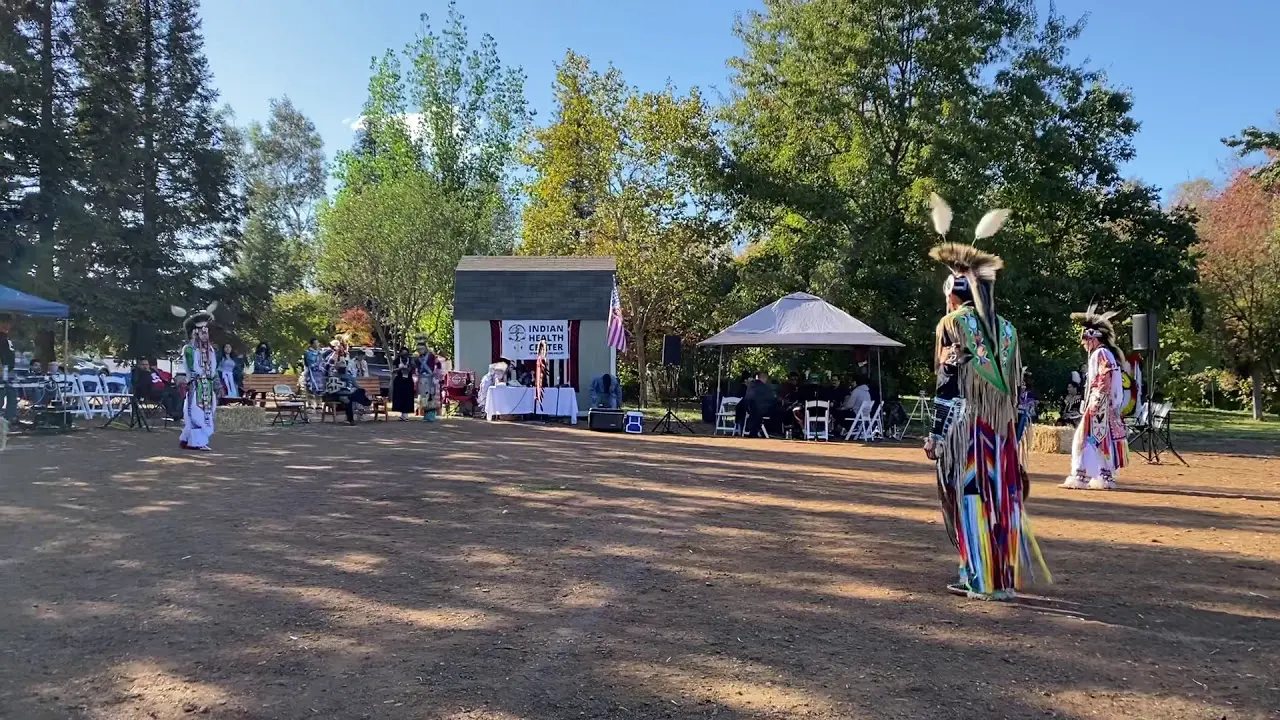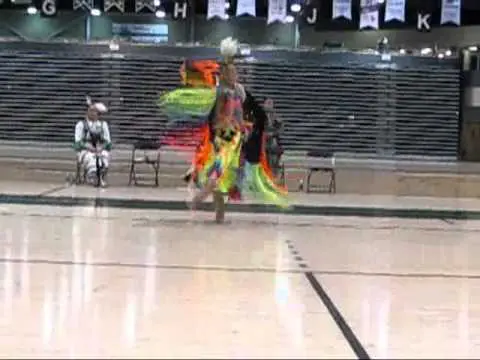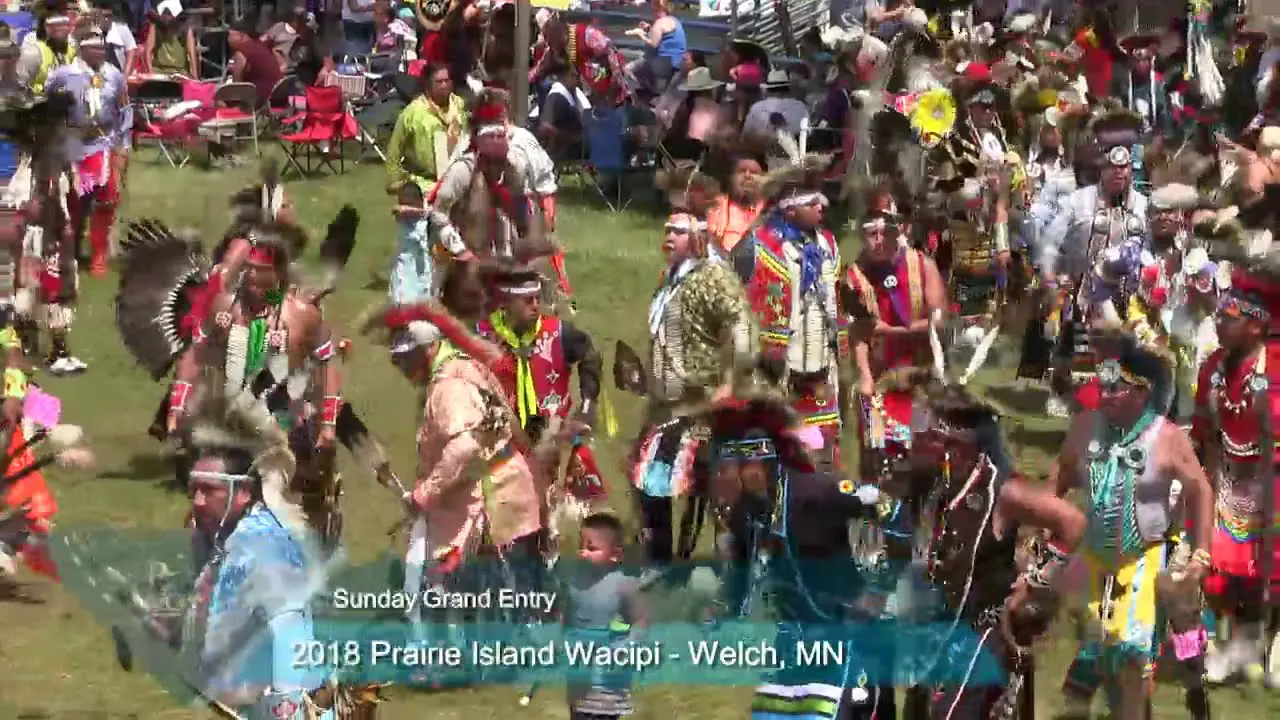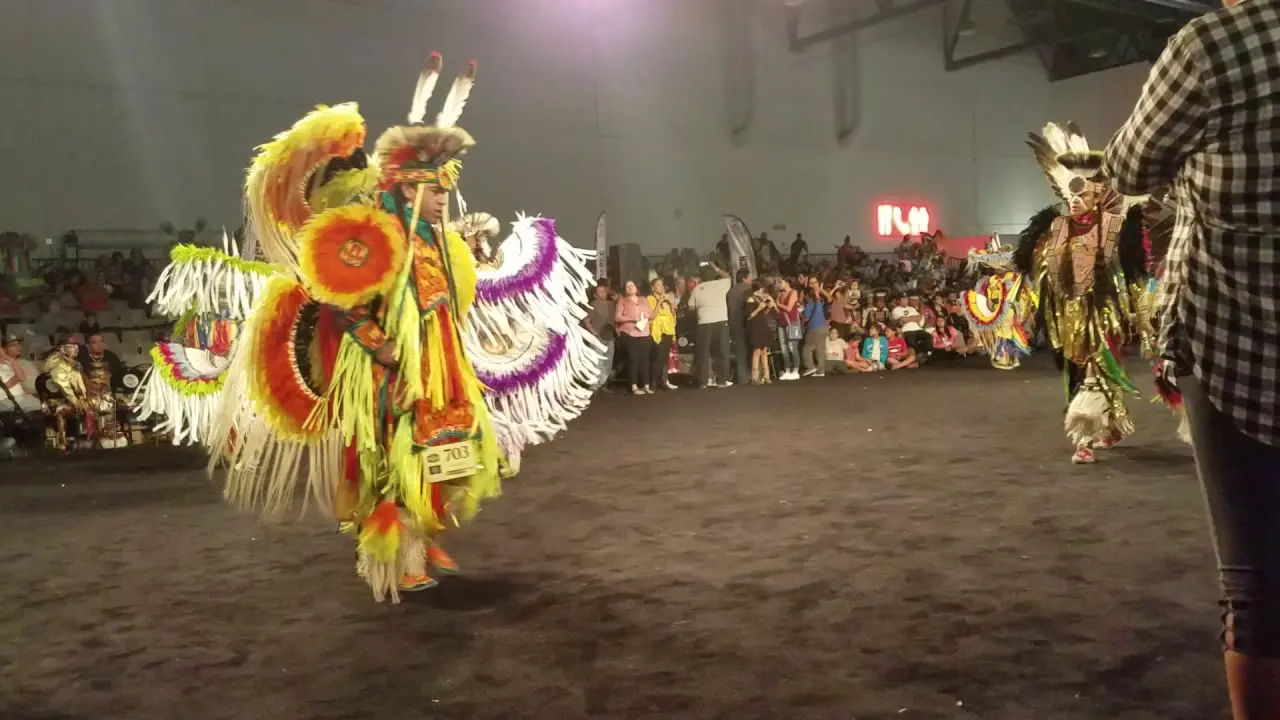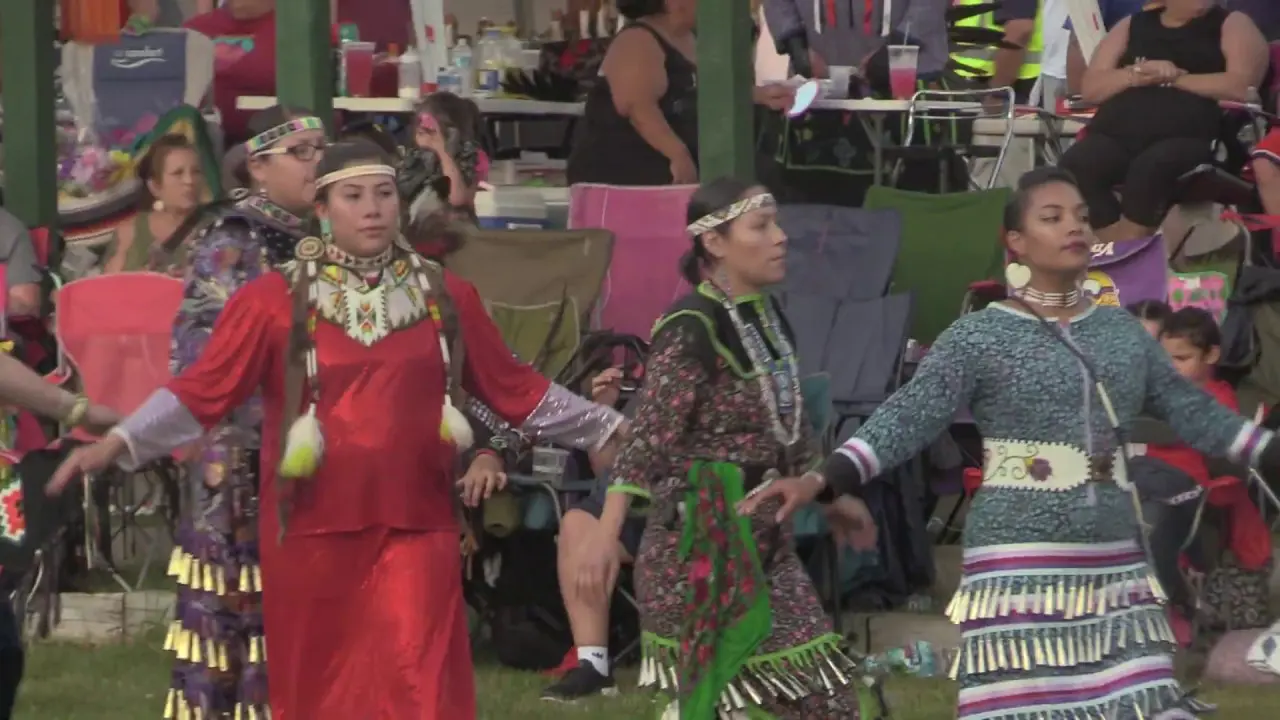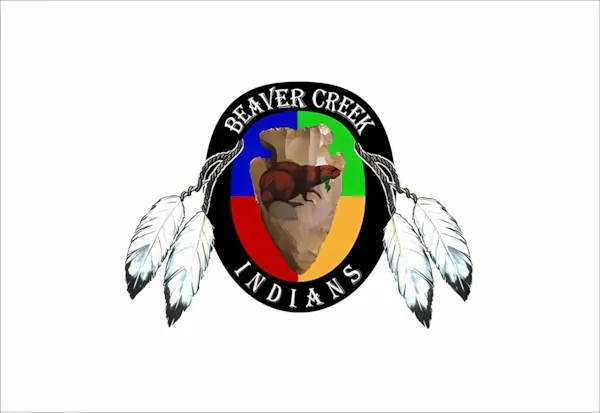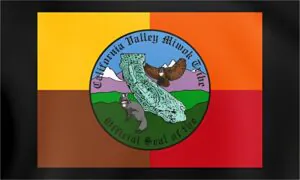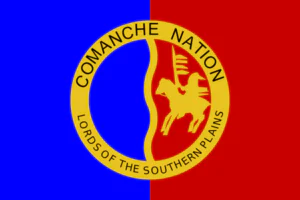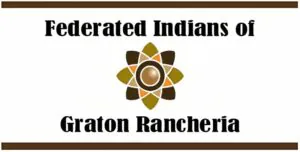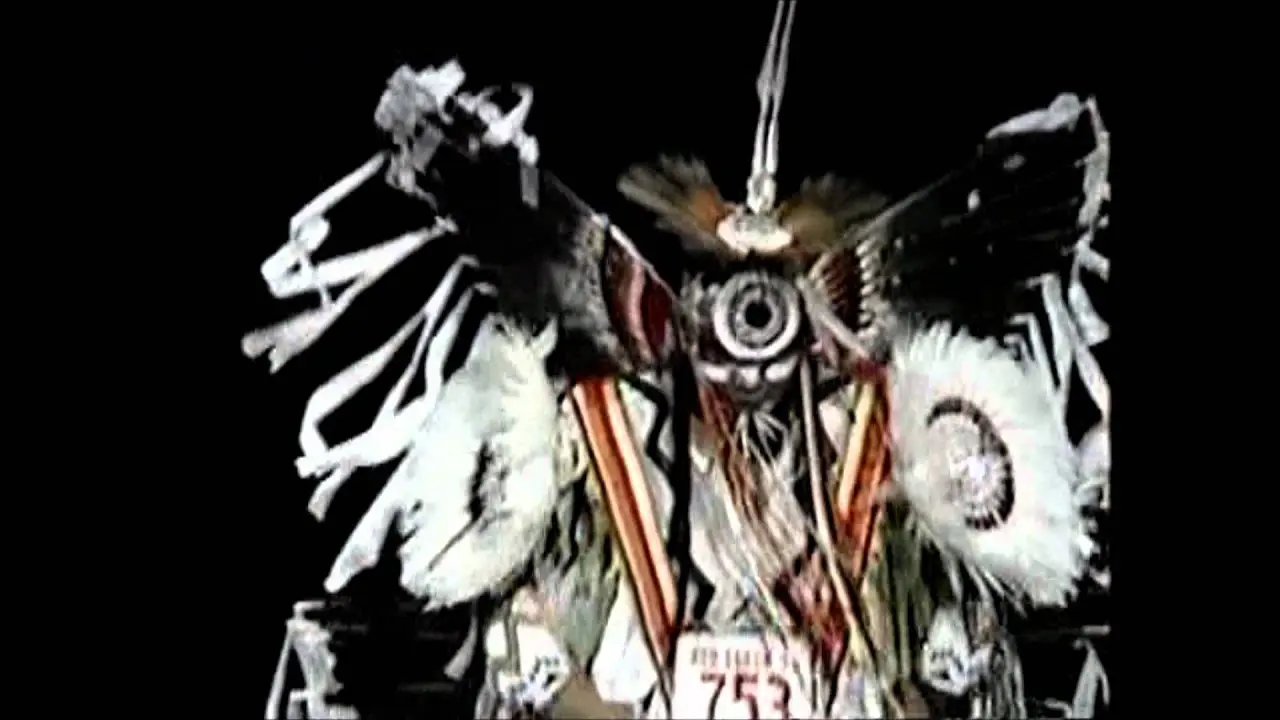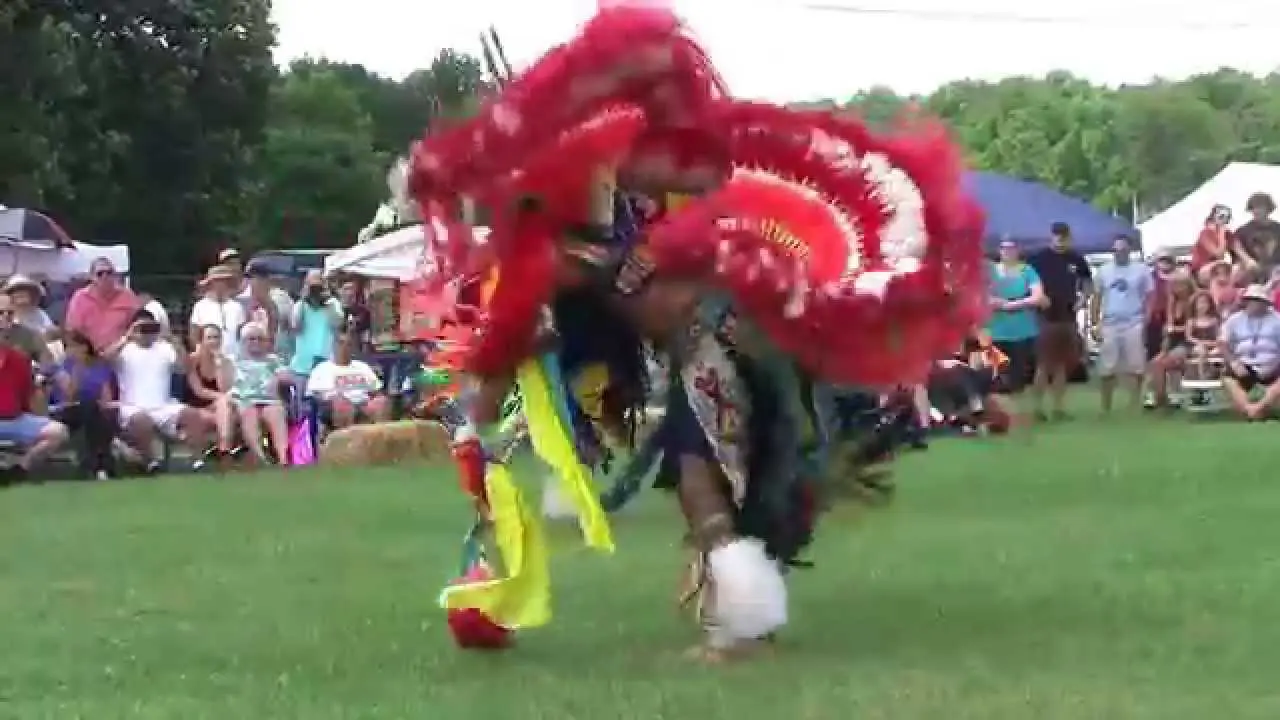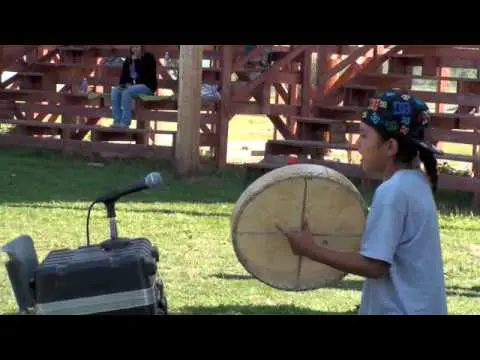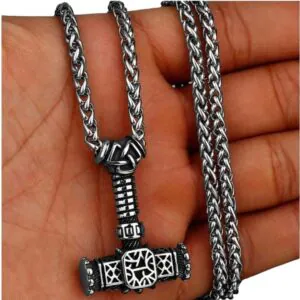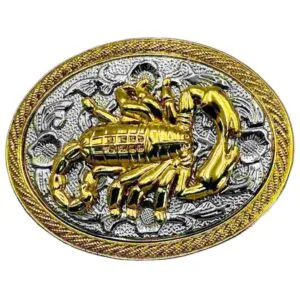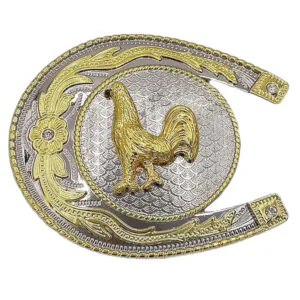Introduction to the Paiute-Shoshone Tribe of the Fallon Reservation and Colony, Nevada
Nestled within the breathtaking landscapes of Nevada’s Lahontan Valley, the Paiute-Shoshone Tribe of the Fallon Reservation and Colony stands as a vibrant testament to the rich cultural heritage and resilient spirit of its people. Recognized federally in 1983, this tribe is a unique amalgamation of the Northern Paiute and Western Shoshone, each bringing their own ancient narratives and traditions to form a cohesive community. With a deep-rooted connection to the land, the tribe has thrived for generations, developing a lifestyle intertwined with the natural resources of the region.
The Fallon Reservation, established in 1916, spans approximately 1,583 acres, offering a home to over 1,100 enrolled tribal members. The tribe’s rich history is reflected in their commitment to preserving traditional practices, languages, and the habitat. Today, the Paiute-Shoshone Tribe operates a variety of programs aimed at fostering economic growth, cultural enrichment, and community well-being, while also enhancing their educational opportunities.
Visitors and community members alike are welcomed to engage in tribal events, which often highlight traditional crafts, food, and storytelling, providing an enriching glimpse into the Paiute-Shoshone way of life. As stewards of the land,the tribe continues to advocate for environmental sustainability and the preservation of natural resources,ensuring that future generations can cherish and celebrate their cultural heritage. Through ongoing efforts to educate others about their unique history and traditions, the Paiute-Shoshone Tribe exemplifies the strength and resilience of Native American communities in modern-day America.
Origin Of The People
The Paiute-Shoshone Tribe of the Fallon Reservation and Colony in Nevada has a rich history that reflects the unique cultural heritage of its people. The origins of the tribe trace back to the indigenous Paiute and Shoshone peoples, who have inhabited the Great Basin region for thousands of years. This area, characterized by its diverse ecosystems, provided a bounty of resources that shaped the tribes’ traditional lifestyles, which were primarily based on hunting, gathering, and seasonal migration.
The Paiutes, known for their adaptability, primarily thrived in the northern and central regions of Nevada, while the Shoshone peoples occupied areas stretching across Nevada, Utah, and Idaho. The shared languages and cultural practices among these tribes highlight their interconnectedness and mutual influence. Their deep spiritual connection to the land is reflected in their traditions, ceremonies, and storytelling, which often pay homage to the natural world and its cycles.
The Fallon Reservation, established in 1910, was created as a response to the encroachment of settlers and the need to protect the rights of the indigenous peoples in the region. Today, the Paiute-Shoshone Tribe continues to uphold its cultural heritage while navigating the challenges of modern life. Their history is not just a narrative of survival; it is indeed a testament to resilience and adaptation. As they face contemporary issues, including economic development and cultural preservation, the tribe remains committed to fostering a sense of identity and community for future generations.
Cultural practices such as traditional weaving, storytelling, and the revival of language play a significant role in maintaining the tribe’s unique identity. Additionally, the tribe actively engages in environmental stewardship, honoring their ancestors’ connection to the land. Understanding the origins and history of the Paiute-Shoshone Tribe provides valuable insight into their enduring legacy and the vital role they play in the cultural mosaic of Nevada.
Tribal Homelands
The Paiute-Shoshone Tribe of the Fallon Reservation and Colony in Nevada occupies a unique and culturally rich area that reflects the history and traditions of its people. The tribal homelands stretch across the gorgeous landscapes of western Nevada, showcasing a diverse geography that includes stark deserts, lush valleys, and mountainous regions. Here, the Tribe has lived for centuries, nurturing a profound connection to the land and its resources.
Traditionally, the Paiute and Shoshone peoples relied on their environment for sustenance, utilizing the native flora and fauna. The region’s rich biodiversity provides a variety of food sources, including roots, seeds, and game, all integral to their diet and cultural practices. For the Paiute-Shoshone Tribe, the knowledge of how to gather and prepare these natural resources has been passed down through generations, ensuring the continuation of ancestral traditions.
The Fallon Reservation, established in 1916, encompasses approximately 80,000 acres and serves as the heart of tribal life. The reservation is not only a place of residence but also a center for community activities, cultural events, and economic development. The Tribe is committed to restoring and protecting its homelands, aiming to preserve traditional practices while adapting to contemporary challenges.
Additionally, the Paiute-Shoshone Tribe has a deep cultural and spiritual connection to their homelands. Sacred sites, such as those used for ceremonies, storytelling, and gatherings, are revered and protected. These sites reflect the spiritual beliefs of the Tribe and their ongoing relationship with the land, reinforcing their identity and community bonds.
As stewards of their land, the Paiute-Shoshone Tribe actively engages in conservation efforts, collaborating with governmental and environmental organizations to preserve their natural resources. This work not only benefits the Tribe but also helps protect the region’s biodiversity for future generations.
The ongoing legacy of the Paiute-Shoshone Tribe exemplifies a harmonious relationship with the land, showcasing the importance of cultural heritage and environmental stewardship in their tribal homelands. By embracing their past while looking towards sustainable practices, the Tribe continues to thrive within their beloved territory in Nevada.
Interactions With Settlers
Interactions between the Paiute-Shoshone Tribe of the Fallon Reservation and settlers have been marked by a complex history of both positive and negative experiences.
On the positive side, early settlers often relied on the knowledge and skills of the Paiute and Shoshone people for survival. The tribe’s deep understanding of the local environment, including its flora and fauna, helped settlers navigate the challenges of living in a new and frequently enough harsh land. The Paiute-Shoshone shared valuable resources such as food and medicinal plants, fostering a degree of cooperation. This exchange of knowledge opened channels for trade,leading to mutually beneficial relationships in some instances. Certain settlers appreciated the rich cultural practices of the Paiute-Shoshone, resulting in a blend of traditions that highlighted the importance of cultural exchange.
However, the interactions were also marked by significant conflict and negative experiences. The arrival of settlers brought about land disputes and resource competition that severely impacted the Paiute-Shoshone way of life.Many settlers disrespected tribal rights, encroaching on sacred and ancestral lands.This led to mounting tensions, which resulted in violent confrontations, notably as settlers sought to expand their territories and exploit mineral resources. The signing of treaties frequently enough favored settlers, leading to the striping away of the tribe’s historical lands and further marginalization of their community.
Despite the adverse effects of these encounters, the Paiute-Shoshone tribe has persevered, maintaining their cultural identity and traditions while navigating the ongoing challenges posed by settlement and modernization. Their resilience serves as a testament to the strength of indigenous communities in the face of adversity, and their interactions with settlers remain a significant part of their history today.
Most Notable Events In Their Tribal History
The Paiute-Shoshone Tribe of the Fallon Reservation and Colony has a rich history marked by significant events that define their cultural identity and resilience. One of the most notable events in their tribal history is the establishment of the Fallon Reservation in 1916, a pivotal moment that formalized the federal recognition of the tribe and provided a designated area for the Paiute and Shoshone communities to live, preserve their traditions, and practice their way of life.
In the decades that followed, the tribe faced numerous challenges, including land loss and the encroachment of external interests. One significant turning point occurred in the 1970s when the Paiute-Shoshone Tribe engaged in efforts to reclaim lost land and secure rights to their indigenous territory. This led to the establishment of the Fallon Paiute-Shoshone Tribe as an official sovereign nation, enabling them to assert their rights and embark on economic development projects that would benefit their community.
The tribe’s involvement in the legal battles surrounding water rights has also been crucial. In the late 20th century, they successfully negotiated agreements that acknowledged their historical claims to water resources, essential for sustaining their agricultural practices and community livelihoods. This victory not only affirmed their sovereignty but also highlighted the tribe’s commitment to environmental stewardship and sustainable resource management.
In more recent years, the tribe has focused on cultural revitalization, showcasing traditional practices, language preservation, and educational programs aimed at fostering a strong cultural identity among the younger generations. This commitment culminated in the construction of the Fallon Paiute-Shoshone Museum, which serves as a repository for their history and cultural artifacts, providing both tribal members and the public with insight into the rich heritage of the Paiute-Shoshone people.
Additionally, the tribe has taken significant steps towards community resilience, particularly in response to the challenges posed by modernization and climate change. Through initiatives that promote renewable energy and sustainable practices, the Paiute-Shoshone Tribe aims to safeguard their natural resources and uphold their connection to the land, reflecting their deep-rooted belief in the importance of environmental preservation.
the history of the Paiute-Shoshone Tribe of the Fallon Reservation and Colony is a testament to their enduring spirit and adaptability. The tribe’s journey is characterized by struggles, resilience, and a deep commitment to preserving their culture and rights for future generations. These significant events not only showcase their historical struggles but also highlight their vision for a sustainable and culturally rich future.
Where Are Their Tribal Lands Now And How Were They Established
The Paiute-Shoshone Tribe of the Fallon Reservation and Colony is based in western Nevada, specifically around the Fallon area in Churchill County. The tribe’s established lands encompass nearly 22,000 acres,formally recognized as the Fallon Reservation. These lands were designated following a series of treaties and legislative actions, including the Indian Reorganization Act of 1934, which aimed to reverse the assimilation policies that had previously negatively impacted Native American communities.
Prior to the establishment of the reservation, the Paiute and Shoshone peoples inhabited a vast territory across the Great Basin, utilizing natural resources for their subsistence and cultural practices. However, during the late 19th and early 20th centuries, they faced significant land loss due to settler encroachment, mining activities, and government policies. The fallout from these events led to the formation of the reservation, which sought to provide a semblance of autonomy and protect tribal sovereignty.
Today, the Fallon Reservation serves not only as a home for the Paiute-Shoshone Tribe but also as a cultural and economic center. The tribe engages in various enterprises, including agriculture, tourism, and other community development initiatives, ensuring sustainable growth that honors their heritage and traditions. Points of interest on the reservation highlight the tribe’s rich cultural history, promoting awareness and understanding of the Paiute and Shoshone legacy within the broader narrative of Native American history in the region.Through these efforts, the tribe continues to assert its identity and rights as an integral part of the Nevada landscape.
Modern Concerns Of The Tribe
The Paiute-Shoshone Tribe of the Fallon Reservation and Colony in Nevada faces several modern concerns that reflect both their cultural heritage and contemporary challenges.As a federally recognized tribe, they seek to balance the preservation of their rich traditions with the need to adapt to the rapidly changing socio-economic landscape.
One pressing issue for the Paiute-Shoshone Tribe is economic development. Like many Indigenous communities,they are actively exploring avenues for sustainable revenue generation to uplift their members.The tribe has invested in potential enterprises, including eco-tourism, agricultural initiatives, and renewable energy projects. By leveraging their unique geographical location and cultural assets,they aim to create jobs while preserving their traditional ways of life.
Water rights and resource management are also critical concerns for the Paiute-Shoshone people.The availability and quality of water for agriculture and daily life are vital,given Nevada’s arid climate. The tribe is engaged in ongoing dialogues with local, state, and federal governments to ensure their water rights are recognized and protected, which is essential for both their community’s health and economic viability.
Health care access remains a significant issue, as many tribal members live in rural areas with limited availability of medical services. The Paiute-Shoshone Tribe is working to enhance health initiatives, focusing on preventative care and addressing health disparities prevalent within Indigenous populations. Programs aimed at tackling prevalent issues such as diabetes and substance abuse have been introduced, but ongoing funding and support are necessary to sustain these efforts.
Cultural preservation is another priority for the tribe, as younger generations face challenges in maintaining their languages and traditions in an increasingly modernized world.The Paiute-Shoshone Tribe has implemented educational programs that emphasize the importance of cultural identity and heritage,aiming to instill a sense of pride and continuity among youth.
Environmental concerns,particularly those related to climate change,are also top of mind for the tribe. The Paiute-Shoshone Tribe is involved in conservation efforts to protect their lands from the effects of climate change and industrial development, advocating for sustainable practices that reflect their deep-rooted stewardship of the environment.
the Paiute-Shoshone Tribe of the Fallon Reservation and Colony is actively addressing these modern concerns through a combination of tradition, innovation, and advocacy, striving to create a thriving community while preserving their unique cultural identity for future generations.
Events And Other Social And Political Activities
The Paiute-Shoshone Tribe of the Fallon Reservation and Colony, located in Nevada, actively engages in a variety of events and social activities that foster community spirit and cultural preservation. Each year, the tribe hosts cultural celebrations like the annual “Powwow,” which attracts participants from across the region. This vibrant event features traditional dancing, music, arts and crafts vendors, and food, creating a festive atmosphere that honors the tribe’s heritage and fosters connections among tribal members and visitors alike.
Along with cultural events, the tribe is involved in numerous educational initiatives aimed at improving the socio-economic conditions of its members. Programs focusing on health awareness, financial literacy, and job training are essential for empowering the community. The Paiute-Shoshone Tribe also collaborates with local and national organizations to promote environmental stewardship,which is vital for protecting the natural resources that are integral to their way of life.
Political engagement is another crucial aspect of the tribe’s activities. Tribal leaders participate in regional and national discussions concerning Indigenous rights, land use, and resource management. This involvement ensures that the voice of the Paiute-Shoshone Tribe is heard on vital issues that affect their community.
The tribe also emphasizes the importance of youth involvement, encouraging younger generations to take part in leadership roles and decision-making processes. Workshops and mentorship programs are regularly organized to equip them with the skills and knowledge necessary to lead and advocate for their community’s needs.
Moreover, the Paiute-Shoshone Tribe maintains a commitment to cultural preservation through language revitalization programs and traditional arts workshops. These efforts not only help to keep their language and customs alive but also foster pride among tribal members. the Paiute-Shoshone Tribe of the Fallon Reservation and Colony continues to navigate the dual challenges of modernity and tradition through meaningful social and political engagement.
